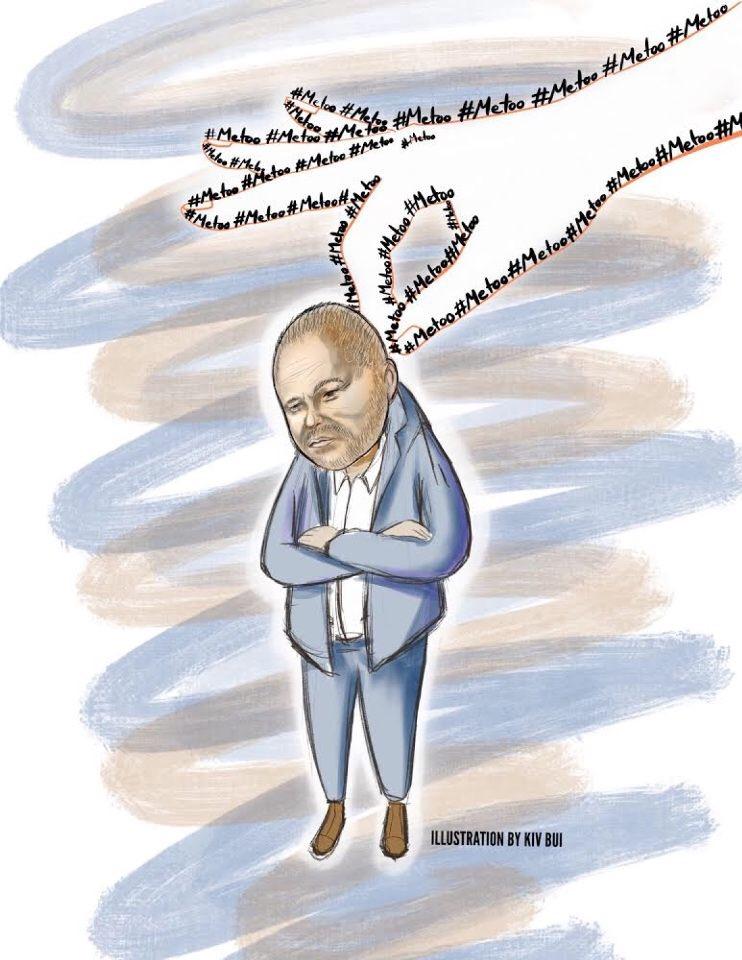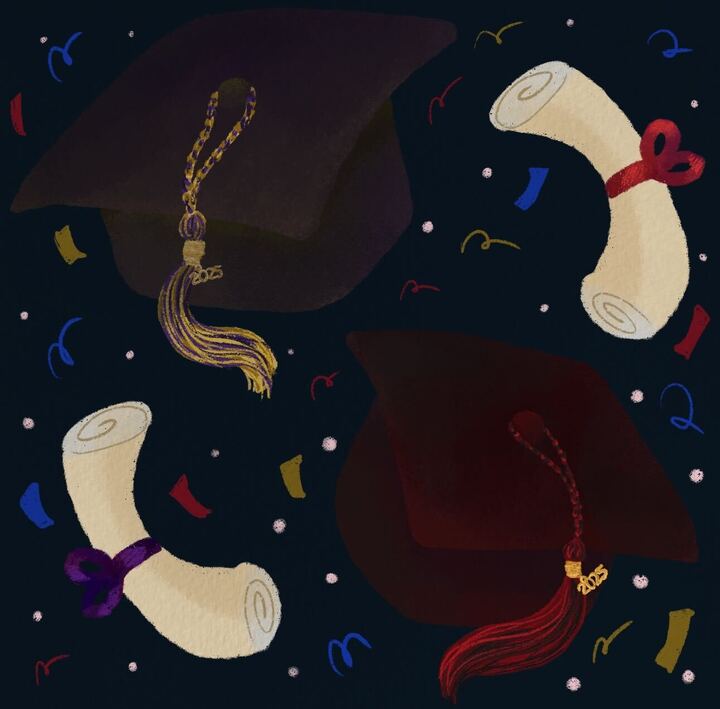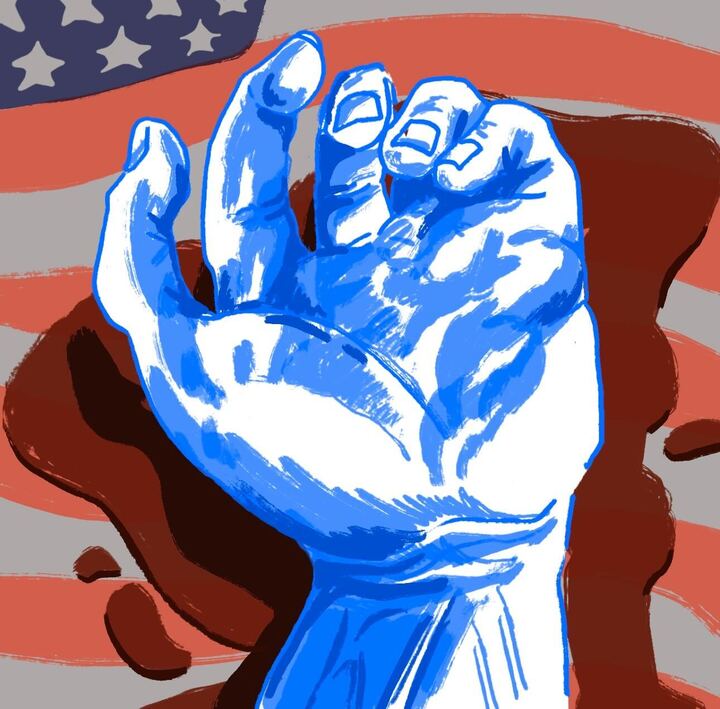In light of the Harvey Weinstein allegations, actress Alyssa Milano revived the #MeToo campaign (initially created by Tarana Burke) on Twitter. She urged anyone who has been sexually harassed or assaulted to tweet #MeToo and share their personal stories in order to expose the scale of sexual abuse.
Here’s the thing: hashtags are temporary, and they do little to nothing to actually change society. One of many examples is #YesAllWomen, a hashtag that went viral after Elliot Rodger shot six people in California because he wanted to “punish women for rejecting him.” How many of us still think about it, or even remember it, today?
Don’t get me wrong; spreading awareness is never a negative thing. Yes, it starts a conversation, and yes, it is good that we are having this conversation, but beyond the conversation, what is there?
Talking about a hashtag is like putting a Band-Aid on a wound instead of looking at what caused it in the first place. Nothing is ever going to change until we deal with the actual root of the problem. At the risk of sounding like a cliché, change starts with us.
This is where rape culture comes in; we live in a society that normalizes or trivializes sexual assault and abuse, a society in which we teach people “how not to get raped” instead of teaching people not to rape.
It sends a very clear message to society when we give a rapist a three-month jail sentence, but we sentence people who commit nonviolent crimes to life behind bars. It sends a message when a judge is worried prison will ruin potential opportunities an athlete may have in the future, instead of worrying about the future of the woman he raped (e.g. Brock Turner case).
We blame the victim.
When a person gets robbed, we don’t focus on the victim and ask why they didn’t prepare, why they didn’t protect themselves properly and what they were wearing that could possibly make someone want to rob them. We focus on the robber, the criminal; we put their face on TV, and ask what kind of punishment they deserve.
Yet somehow in the case of sexual assault, we are quick to assume that the victim is at fault.
If you want something to change, how about instead of fearing the word feminism, embrace it for what it really stands for: equality between the sexes. What feminism actually does is set men free from the stigmas of masculinity and the societal expectations for them.
If we look at the world of sports, or the structure of some of our families and our colleges, it is easy to see how boys learn from an early age that aggression is a positive trait to have as a male. Similarly if we look at Disney movies, what we are taught is that girls are princesses, vulnerable and dependent on males, who often play the role of the savior.
Former Czech-Swedish-American supermodel Paulina Porizkova wrote an article for “The New York Times” describing how moving to America, after having lived in various countries around the world, made her realize the importance of feminism. Porizkova also wrote of her experience in Sweden, which contrasted with her former life in Czechoslovakia and her later life in America:
“I was 9 when I first stepped into a Swedish school. Freshly arrived from Czechoslovakia, I was bullied by a boy for being an immigrant. My one friend, a tiny little girl, punched him in the face. I was impressed. In my former country, a bullied girl would tattle or cry. I looked around to see what my new classmates thought of my friend’s feat, but no one seemed to have noticed. It didn’t take long to understand that in Sweden, my power was suddenly equal to a boy’s.”
The last sentence speaks volumes when we compare it to America, a country where we tell little girls that “if a boy hits you it’s because he likes you.” Swedes and the Nordic countries are ahead of the rest of the world when it comes to equality, especially at school. According to Sweden.se, the official site of the country, gender equality is strongly emphasized in the Education Act, the law that governs all education in Sweden.
The principles are being incorporated beginning in pre-school “by using teaching methods that counteract traditional gender patterns and gender roles.” According to the site, girls today generally have better grades than boys, girls perform better in national tests and equal numbers of men and women now take part in postgraduate studies.
It is evident that by teaching boys and girls from a young age that they are equals as opposed to reinforcing gender roles, we teach them that they are humans first.
Porizkova continues:
“Condoms were provided by the school nurse without question. Sex education taught us the dangers of venereal diseases and unwanted pregnancy, but it also focused on fun stuff like masturbation. For a girl to own her sexuality meant she owned her body, she owned herself. Women could do anything men did, but they could also — when they chose to — bear children. And that made us more powerful than men. The word “feminist” felt antiquated; there was no longer a use for it.
“In America, a woman’s body seemed to belong to everybody but herself. Her sexuality belonged to her husband, her opinion of herself belonged to her social circles, and her uterus belonged to the government.”
The idea that a woman can own her own sexuality and her own body is a notion that is sort of taboo in the U.S. In the immortal words of Carrie Bradshaw: “Sex is so bottom shelf, paper bag.” We don’t talk about sex, and we definitely don’t talk about it from a young age. This is so ingrained in the culture that even some American women participate in victim blaming.
We may tell both our boys and girls that they can do and be anything, but we kick girls down as soon as they actually try to prove it. Until we start teaching little boys and girls that they are equal, absolutely nothing will change.
Viral hashtags are as frequent as school shootings in America today, and just like shootings, we forget quickly, until the next one happens.
I propose less hashtaging, more educating.






